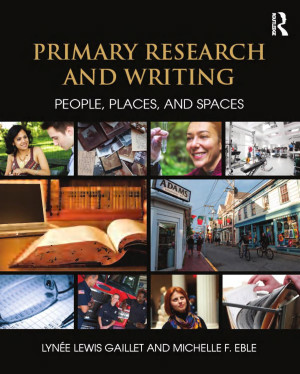Sale!
Primary Research and Writing; People, Places, and Spaces
Original price was: $39.99.$24.99Current price is: $24.99. $19.99
Download Primary Research and Writing; People, Places, and Spaces written by LYNEE LEWIS GAILLET ; MICHELLE F. EBLE (Author) in PDF format. This book is under the category Reference - Writing and bearing the isbn13 numbers 1138785571/9781138785571. You may reffer the table below for additional details of the book. We do NOT provide access codes, we provide eBooks ONLY. Instant access will be granted as soon as you complete the payment.
Additional information
| book-author | LYNEE LEWIS GAILLET, MICHELLE F. EBLE (Author) |
|---|---|
| publisher | Routledge |
| file-type | |
| pages | 372 |
| language | English |
| isbn10 | 1138785571 |
| isbn13 | 9781138785571 |
Related products
- Sale!
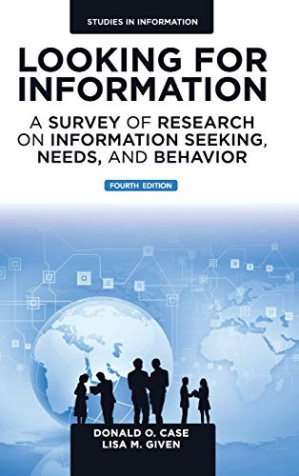
Looking for Information; A Survey of Research on Information Seeking, Needs, and Behavior (4th Edition)
Original price was: $39.99.$24.99Current price is: $24.99.$19.99 - Sale!
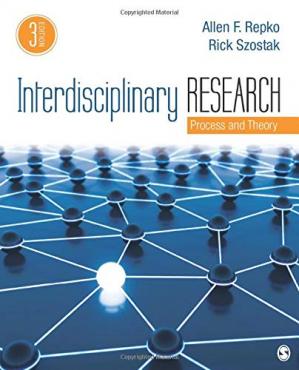
Interdisciplinary Research; Process and Theory (3rd Edition)
Original price was: $39.99.$24.99Current price is: $24.99.$19.99 - Sale!
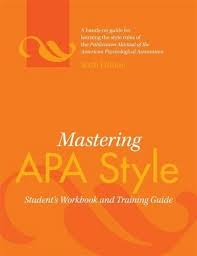
Mastering APA Style; Student’s Workbook and Training Guide – Volume; 1 (6th Edition)
Original price was: $39.99.$24.99Current price is: $24.99.$19.99 - Sale!
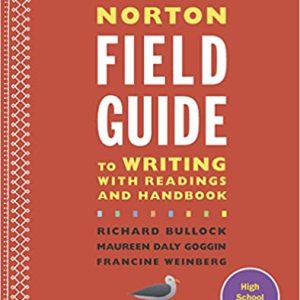
The Norton Field Guide to Writing with Readings and Handbook (Fourth Edition)
Original price was: $39.99.$24.99Current price is: $24.99.$19.99
